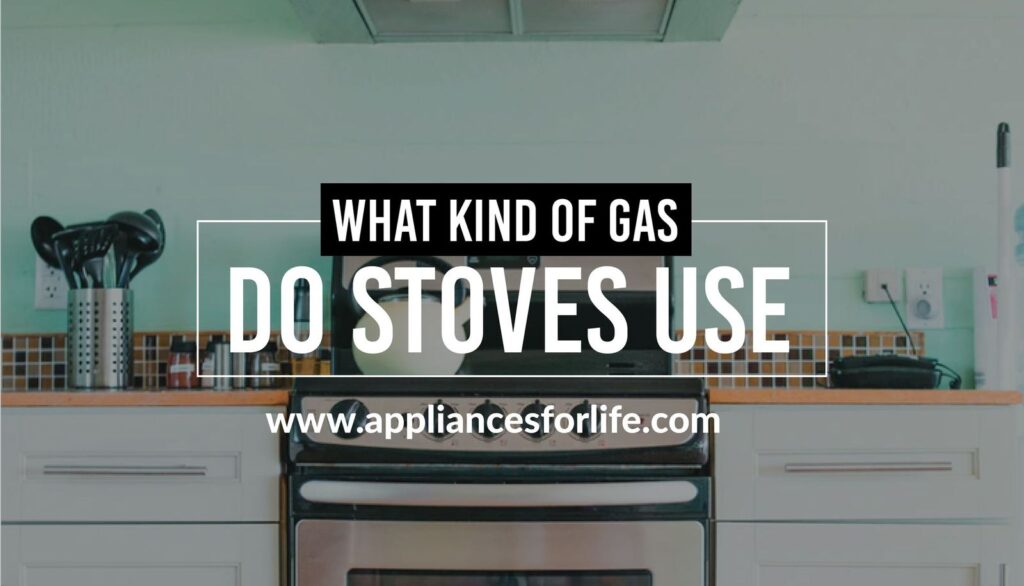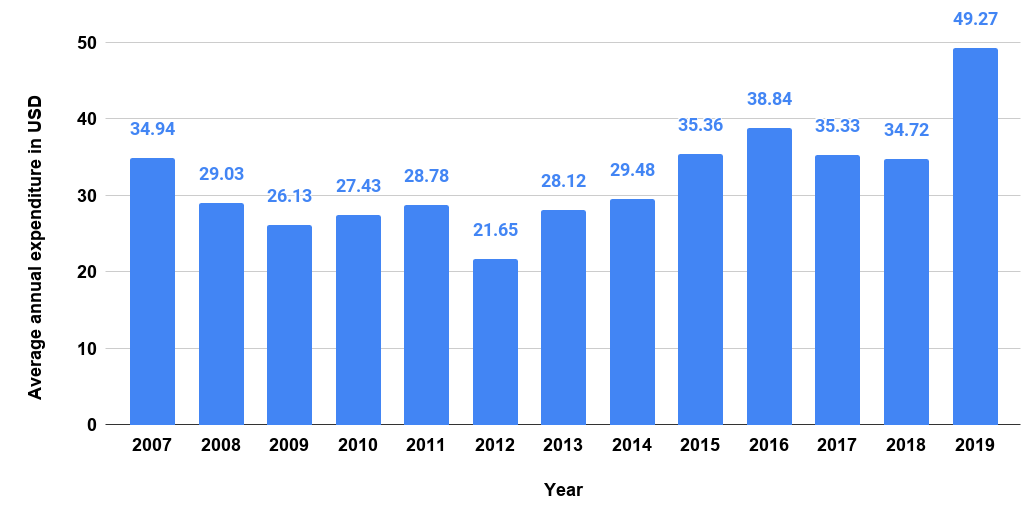- In this article, we’ll be discussing the brief history of gas stoves, pros, and cons, as well as the different types of gas they use.
- We’ll also be talking about the differences between natural gas (methane) and propane which is also known as liquified petroleum gas (LPF)
A kitchen stove is one of the most common and used home appliances and over the years, we’ve witnessed its evolution as it is now packed with greater tech-inspired features than ever before. There are different kitchen stove types but gas stoves have been considered to be the most common type, thus birthing the question; what kind of gas do stoves use?
Table of Contents
ToggleLong before gas stoves existed, people heavily counted on cooking stoves that had coal and wood as their sources for light. However, the story would then change in the 1820s when gas stoves began to be developed, although not on a large scale. Thanks to technology, gas stoves are now packed with some of the most useful features you can see in any cooking stove, and with the integration of ovens, it is now safe to say they (gas stoves) have turned out to be a huge success.
To prevent accidents, lots of safety precautions have been added to gas stoves to make them very safe to use. The features include electronic ignition – to limit the use of matches and lighters which are not so safe to use, especially with gas stoves -, automatic timers, and many more.
Want to know what the best gas ranges in the market are at the moment? Check here for our list of the best 40-inch gas ranges money can get you today.
A BRIEF HISTORY OF GAS STOVES
As mentioned earlier, gas stoves were first introduced in the 1820s but weren’t known until a gas stove factory was founded in 1836 in England. With people having long waited for something that would push them towards comfort, they quickly embraced gas stoves as these kitchen appliances made life easier for those who could afford it. However, there were safety issues like air pollution and fire risks which made the top manufacturers integrate some safety features into the gas stoves as they forced their ways into the United States soon enough. These days, automatic ignition has been integrated into these gas stoves and that has surely improved safety.
Average annual expenditure on cooking stoves and ovens for homeowners per consumer unit in the United States from 2007 to 2019 in USD. Source: Statista
THE PROS AND CONS OF COOKING GAS STOVES
Just like everything else in the appliances industry, gas stoves also have their advantages and disadvantages, and we’ll be talking about some of the below;
PROS
1. The cost of operating gas stoves is usually cheaper than electric stoves as the latter require an electric power source to function. This lifts a huge electricity bill off your neck and that’s one of the most pleasing facts about gas stoves.
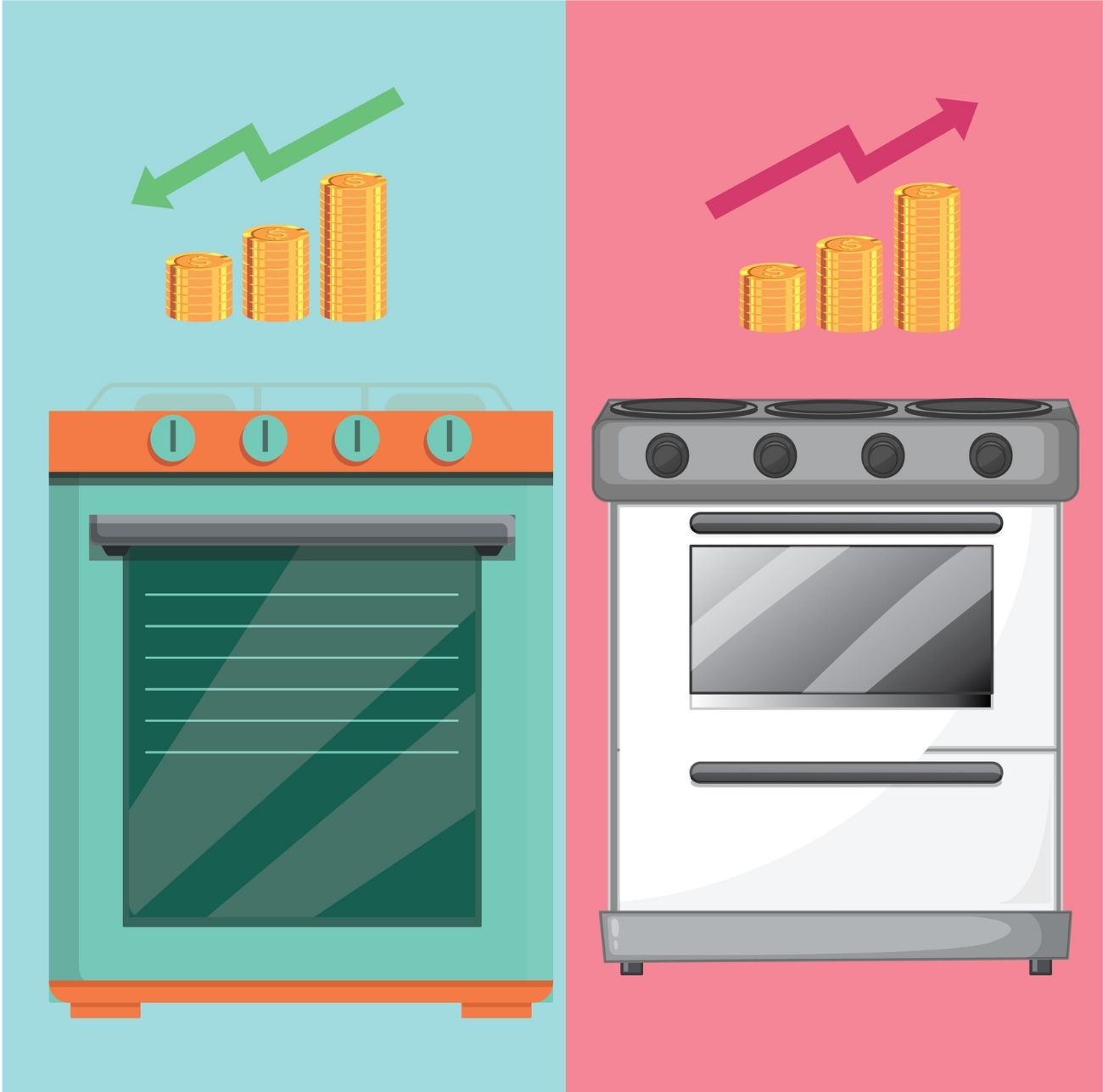
2. With gas stoves, you have total control over the cooking temperatures as they can be manually adjusted, unlike their electric counterparts that require time to warm up and cool down. This way, heat is distributed more evenly which results in you having the best cooking results.
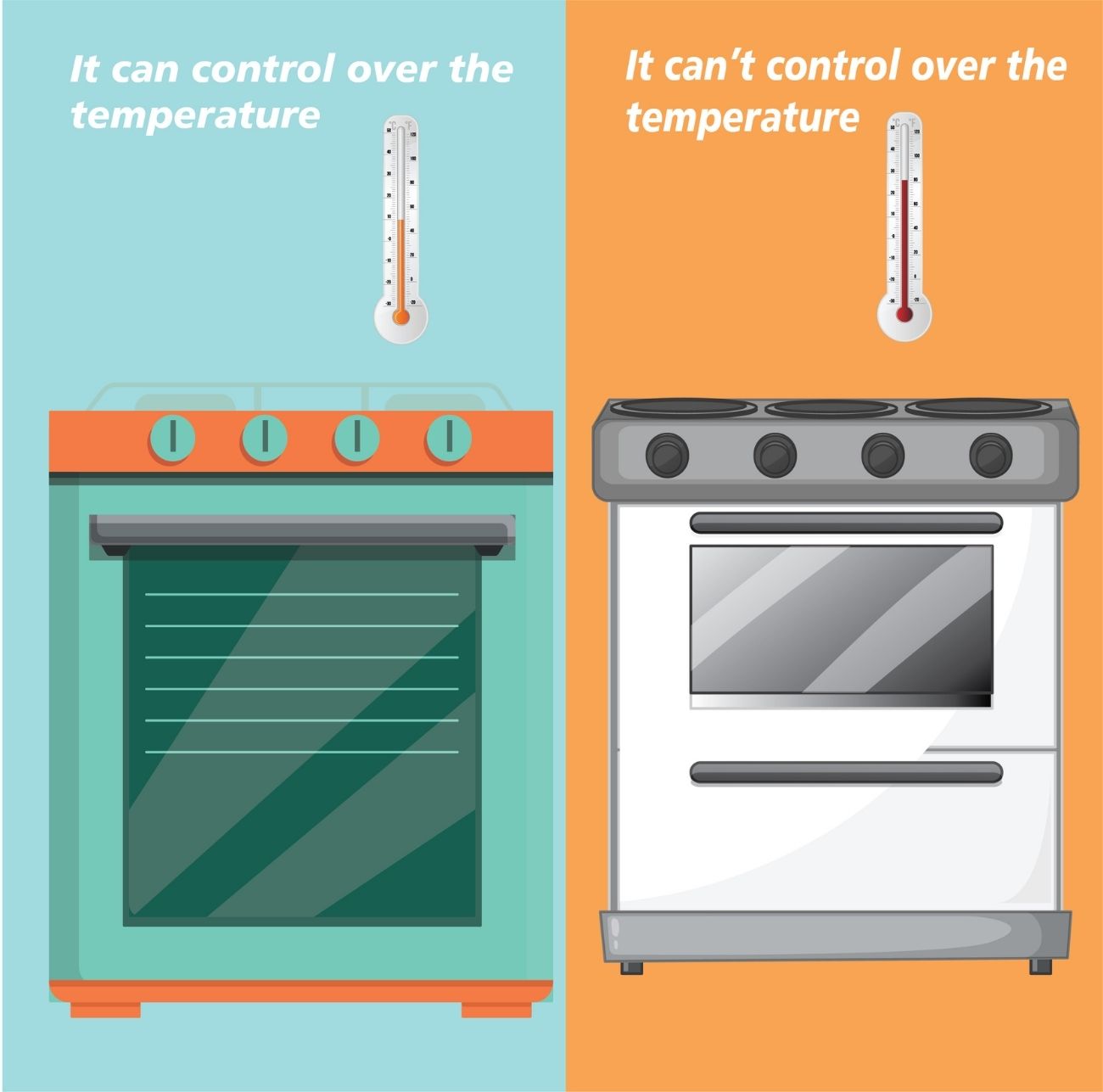
3. Gas stoves are built with a really strong metal material. With gas stoves, you don’t have to be careful if anything is going to get broken because the stovetops are usually made from strong metal grates.
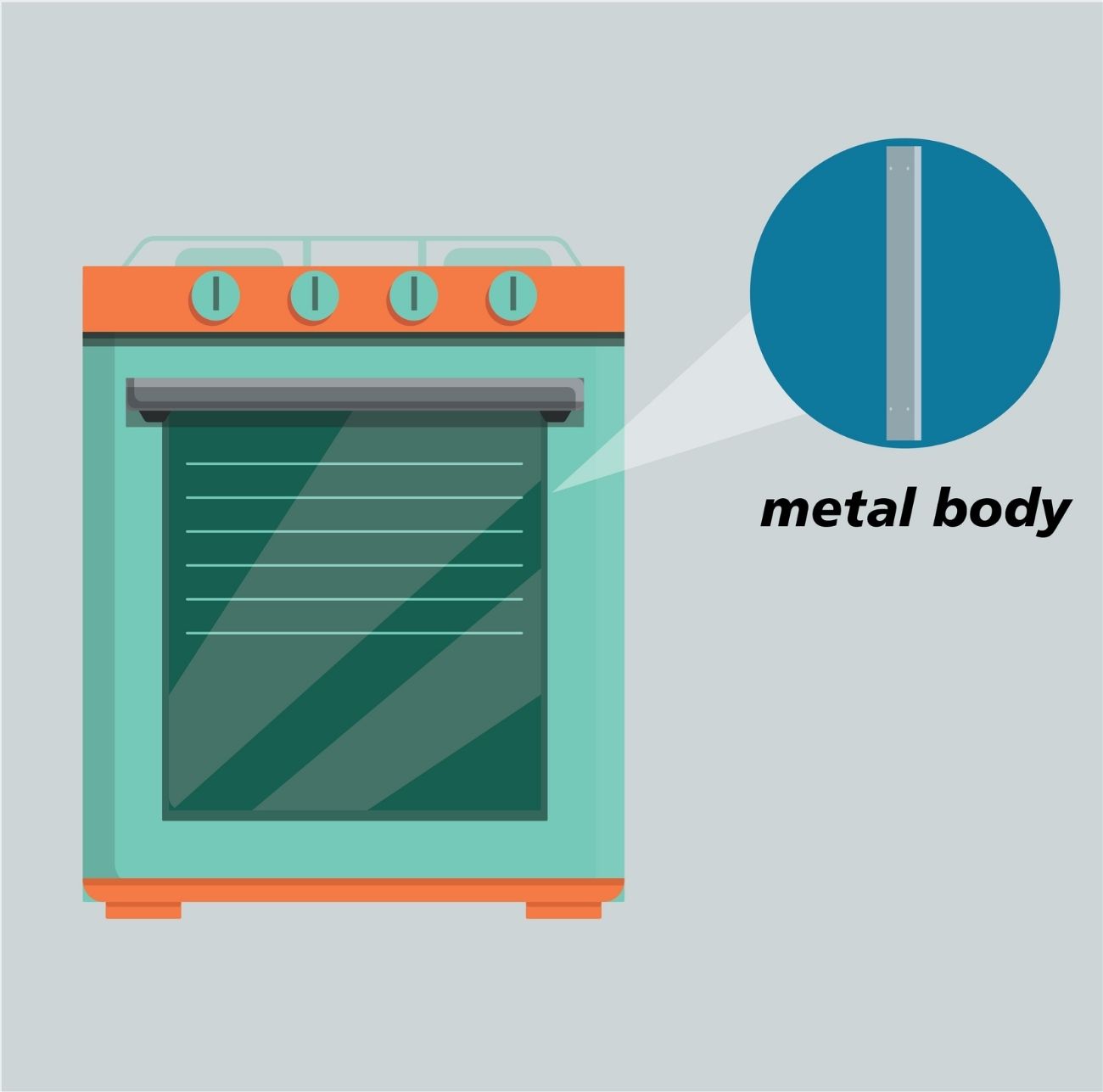
4. You can cook anytime with these gas stoves even if you are temporarily out of power. As long as you have a portable gas cylinder or an alternative gas supply, you’re always set to cook anything you want anytime. This is why most people prefer them to electric stoves. You can survive even if you live in an area with frequent power outages.
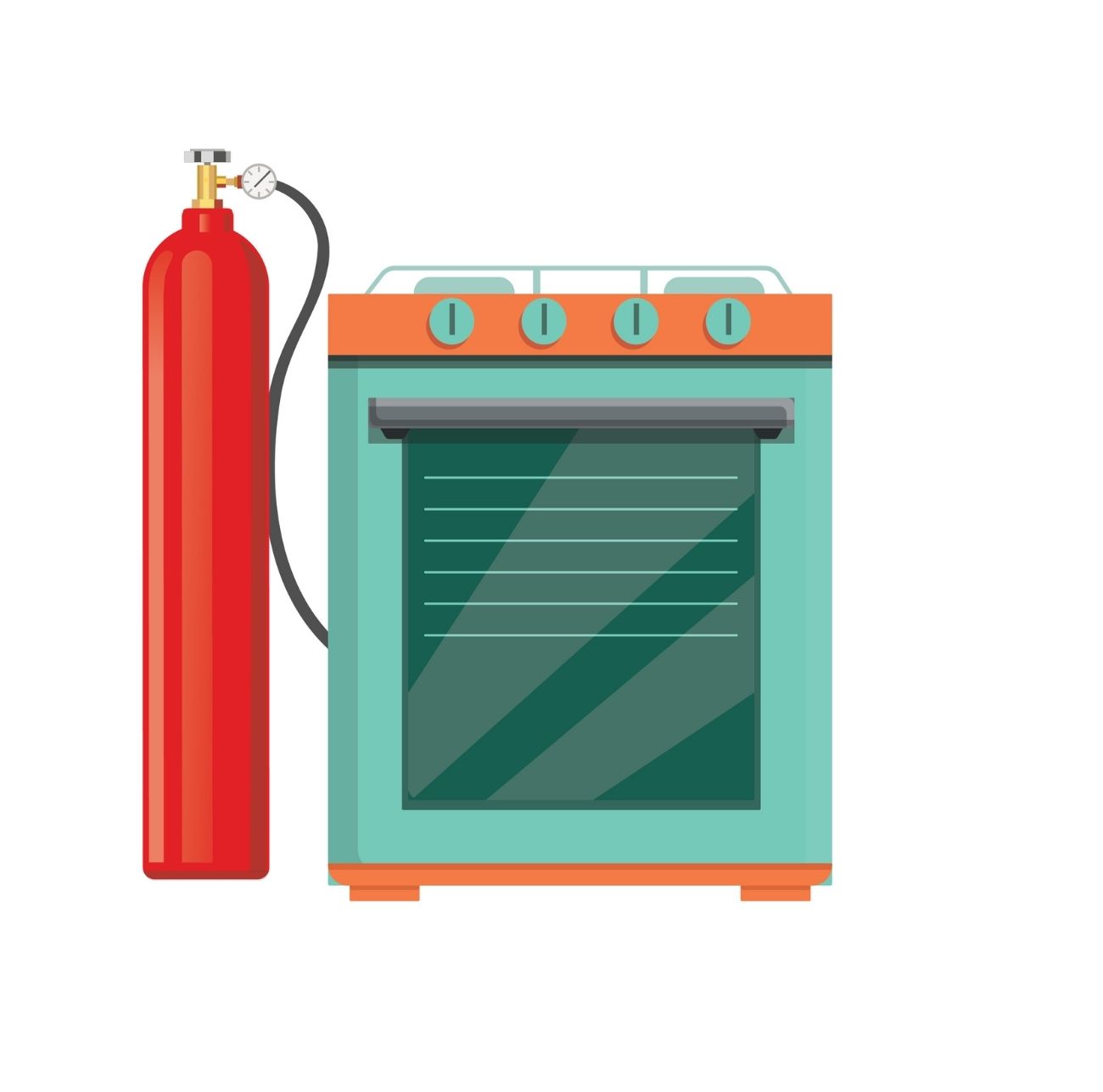
CONS
1. When you consider the initial cost of gas stoves, you might be discouraged to even get them in the first place because they are always priced higher than electric stoves. Although they are usually cheaper when you consider the running cost, most people are usually put off by the initial cost.
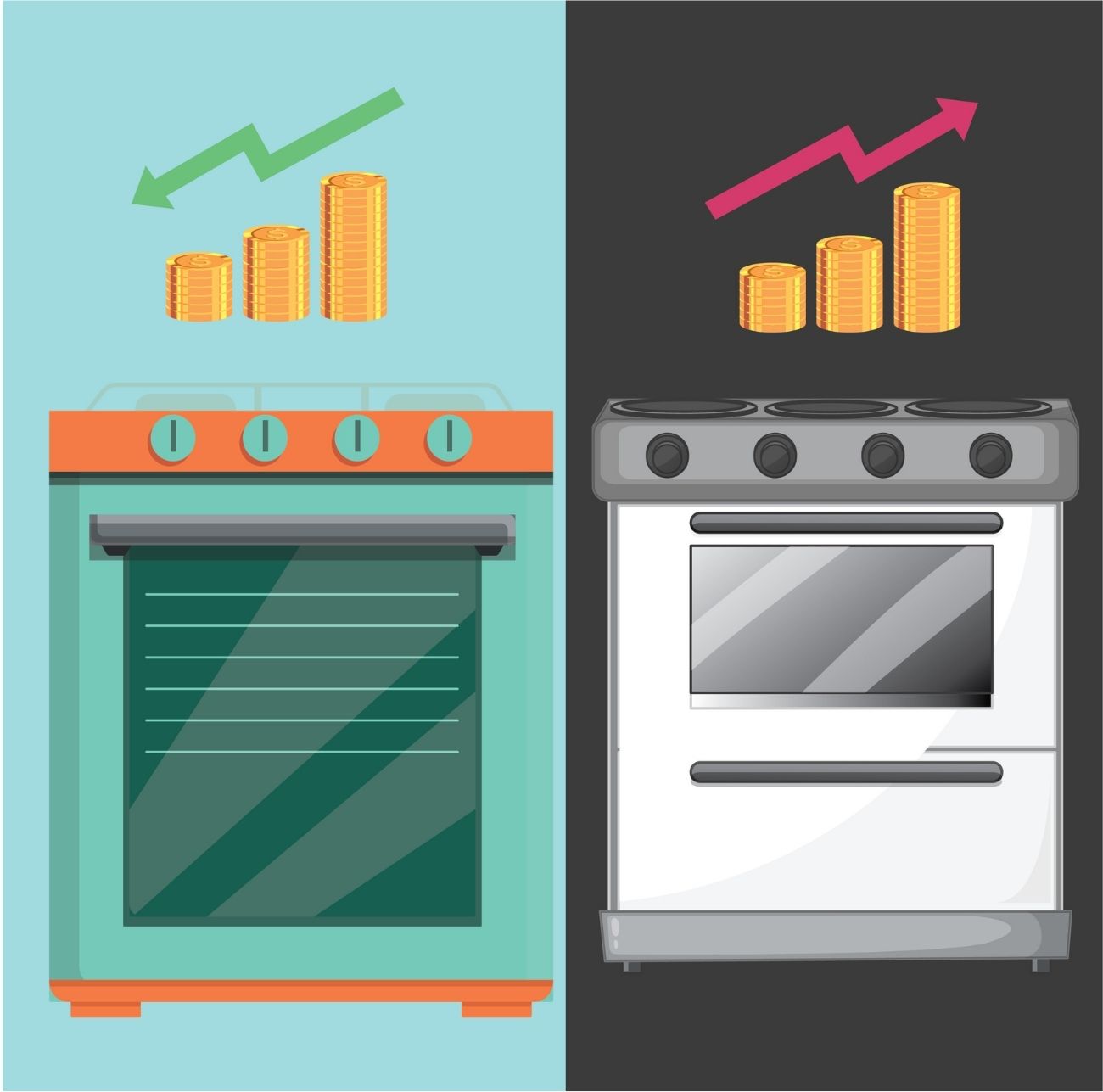
2. Gas stoves are not the easiest stoves to clean and this might also be a turn-off for most people. However, what these stoves don’t have in terms of cleanability on the stovetop, they make up for in their ovens. Their ovens often come with a self-cleaning function and would only require little effort from you. When you compare them to electric stoves which have a very smooth glass or ceramic smooth top, you’ll realize that they are not so easy to clean.
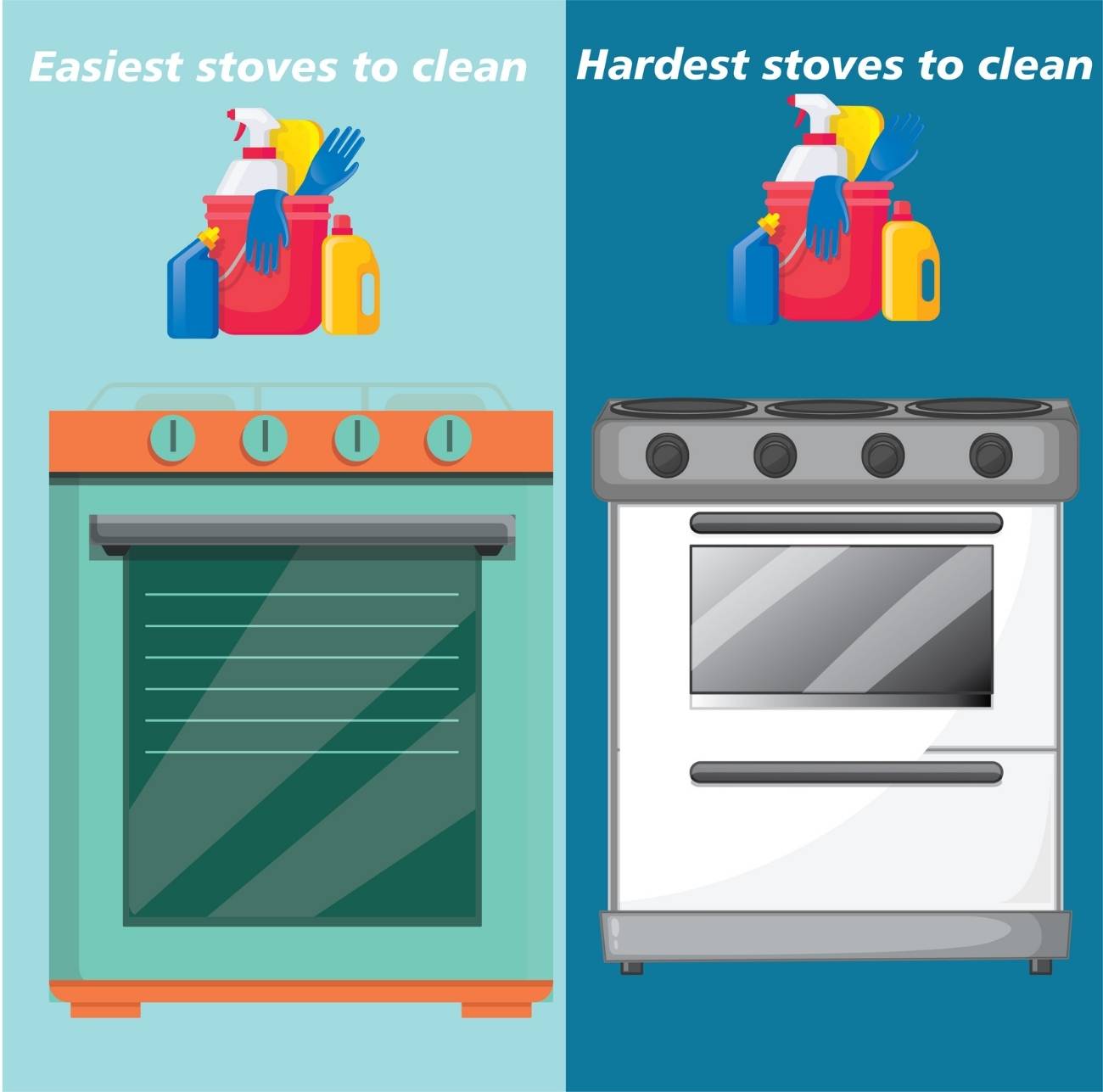
3. The most dangerous thing that could happen when you have a gas stove in your house is the leakage of poisonous substances or flammable fumes. Despite the safety features that have been put in place to avoid these dangerous happenings, if a gas stove is not properly installed or put in a well-ventilated area, it might result in the release of carbon monoxide into the environment which is not so healthy to inhale. To prevent this from happening, you need to have experts check your gas stove frequently so if there are any leaking fumes, they can detect them soon enough before they cause you any harm whatsoever.
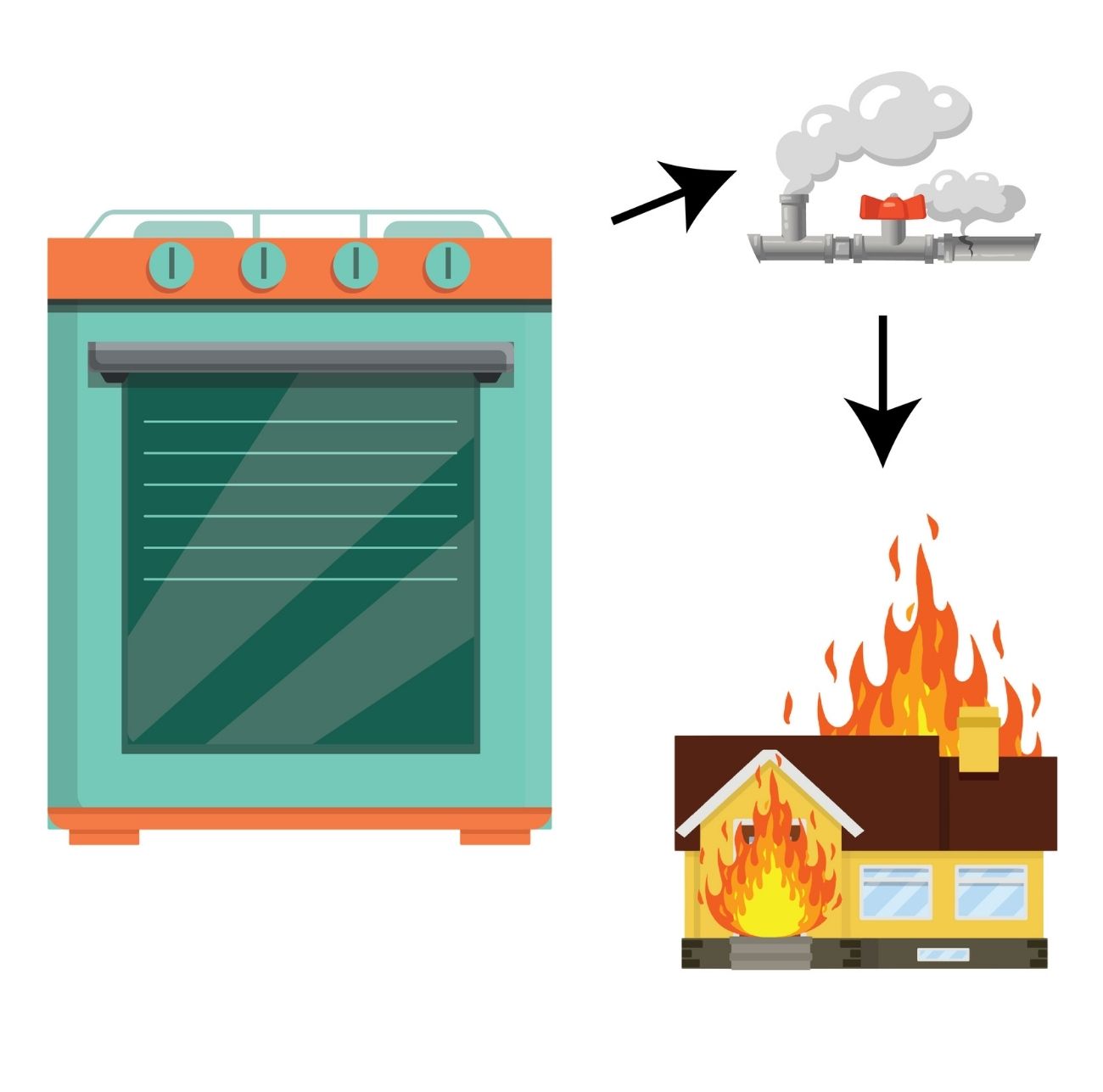
PROPANE VS NATURAL GAS STOVES
Cooking stoves usually use methane, also known as natural gas, or LPG (liquified petroleum gas) which is either propane or butane. The most used type remains natural gas (methane) as it is the most accessible of all the gas types. It is delivered through pipelines which makes the initial cost of using a gas stove more expensive, especially if you don’t already have the gas pipelines fixed as they should be.
LPG, on the other hand, is delivered in gas cylinders which you can place in a safe spot somewhere in your house. What makes propane transportable in different take sizes is that it is stored as a liquid at room temperature. However, unlike the mass distribution of natural gas which requires lots of technicalities, propane distribution is easier as it can be distributed in gas cylinders and tanks. Only industrial sites require pipelines for distribution.
Both gas types are safe for domestic uses but according to Livestrong, you need to get your stove checked for fumes leakage regularly to avoid CO poisoning.
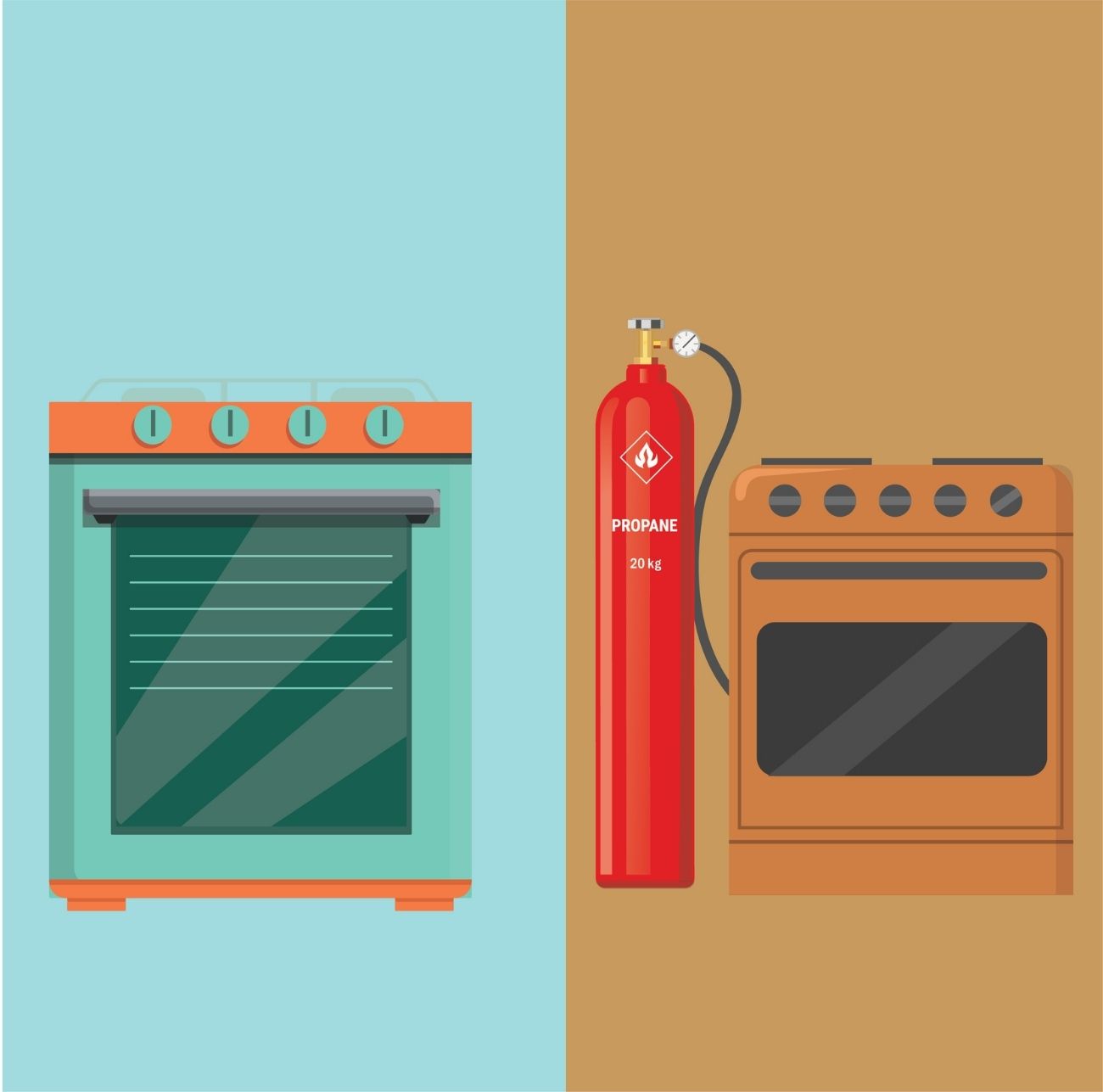
NOTE: Gas stoves and propane stoves are usually different. The difference between natural gas and propane stoves is that while gas stoves are built mainly for indoor usage, both in homes and public kitchens, propane stoves are usually used outdoor for grills and the likes. You can always find digital controls on gas stoves as well as on propane stoves as they are now being made to function like gas stoves except that their fuel sources are always placed outdoor for safety reasons.
Frequently Asked Questions
1. Can a gas stove use propane?
Both stoves might operate the same way but it’d be wrong to think that a natural gas stove might run on propane or vice versa. Both fuel types are different and trying one fuel type on a stove that’s designed to operate on another fuel type will only result in large flames which might result in a fire outbreak if not properly looked into. However, it is not impossible to convert from one stove type to another. Most gas stoves now come with LP conversion kits so you can easily convert from the gas stoves that they already are to propane stoves safely and without stress.
2. Does propane burn hotter than natural gas?
According to an article published by Crownverity, natural gas doesn’t burn as fast as propane which is why grilling enthusiasts and lovers prefer to use a propane stove instead of a natural gas stove.
3. What is an LP conversion kit for a gas range?
LP conversion kit is a kit designed to help convert a gas range to a propane-compatible range. It often comes with gas ranges that can be converted to propane stoves. A conversion kit meant for a natural gas range will come with the label ‘NAT’ which indicates natural gas. Please, note that if any of these ranges can be converted to work with a different gas style, it would be indicated in the manual, and would even come with a conversion kit. So, for your safety, do not try to connect a natural gas range to a propane gas as it doesn’t always bring about a good result.
4. Is there a difference between a gas stove and a propane stove?
Yes, there is. Their respective functionalities might make them seem like they’re almost the same but the clearest difference is that they operate on different gas types from different sources.
Wrapping Up
There might be some similarities in how both natural gas stoves and propane stoves operate but we’ve been able to talk about both stove types at length. Before writing this article, we received lots of questions about what gas is used in a stove which resulted in the making of this article. Knowing how both types of gas work will play a huge role in making sure safety is guaranteed, even if not in its entirety. Both gas types are capable of causing air pollution if not handled properly. For this reason, you need to let professional technicians check them out for leakages to avoid damages both to your home and the environment at large.
58 MINUTES
ESTIMATED TIME DESIGNING AND UPLOADING THIS ARTICLE
12 HOURS 50 MINUTES
ESTIMATED TIME RESEARCHING AND WRITING THIS ARTICLE
You Might Also Like

40 Inch Gas Range Perfect For Your Home
Help me find a new range! Are you considering purchasing a new 40-inch gas range for your home? Finding a great gas range doesn’t have to be a difficult process as long as you’re willing to do some work beforehand! Big appliance brand companies are

How to Remove Burn Stains From Stovetop?
Electric stovetops are hard to clean sometimes, especially when you have tough stains on them. It takes a great cleaning method to get the cleaning done efficiently. In this article, we’ll be looking at the different ways of how to clean burnt food off our

Kitchen Appliance Bundle Sales To Fit Your Home
Starting Out Kitchen appliance bundle sales are a great way to get everything (or almost everything) you need for your kitchen. However, a lot of new homeowners don’t know how to shop for major appliances, when to buy major appliances, how to shop smart, and

The Best Force 10 Electric Stove Reviews For That Rugged Marine Environment
We invite you, dear reader, to take a dive with us today and delve into Force 10 electric stove reviews. The menu of Force 10 appliances is varied, offering electric cooking appliances, from Ceramic Glass Cooktops to full-size Galley Ranges. Other features that stand out

Kitchenaid Induction Range Stoves For Everyone
In the heart of every home, where memories are crafted and meals are shared, Kitchenaid stands as a beacon of trust. A name whispered through generations, Kitchenaid, under the protective wing of the Whirlpool corporation, has been a loyal companion since 1919. From the moment

All You Need To Know About The Best Electric Stove Tops
There is a huge difference between cooking on a gas cooktop and an electric stove top. Many people choose to have electric stove tops because they are safer and cleaner to use and many homes don’t have the option to install a gas line in.

The Best Burner Grates for Whirlpool Gas Stoves
Using a gas stove comes with a lot. When the current grates become old and don’t give you what you need any more, you’ll need to replace them with good and efficient ones. Our detailed review of the best burner grates for Whirlpool gas stoves

If you need to save on space in your kitchen then a 20 inch gas range could be just what you need. Many city kitchens, apartments and other studio spaces which are tight on space need furnishing with the slimmest appliances available. Most gas ranges

61 Effective Kitchen Organization Ideas
Our kitchen organization ideas will help you know where to put things in the kitchen, and how to organize kitchen appliances. The kitchen is one of the busiest places in the house, and a lot of people spend so much time in there that they

Gas Cooktop With Griddle To Make Delicious Meals
A gas cooktop with a griddle can be utilized to make breakfast, lunch, or dinner. This flexibility means that purchasing a new gas cooktop with griddle could significantly increase your meal options on a daily basis. Of course, there are many things to consider before

